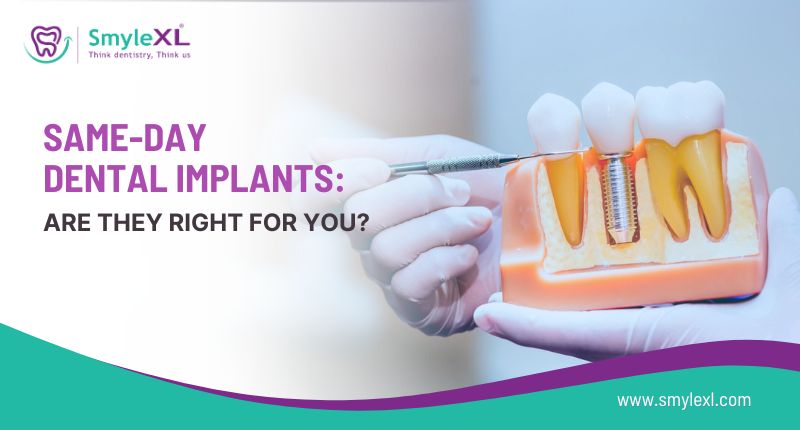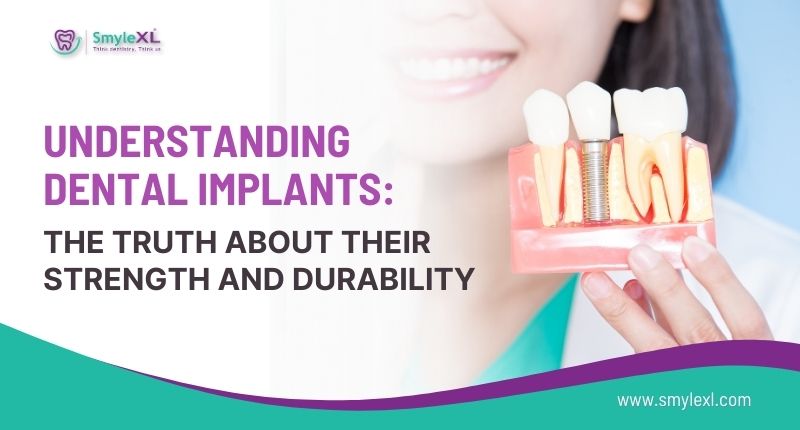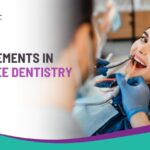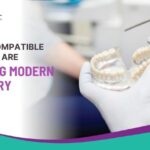Missing teeth can cause serious problems, impacting not just one’s appearance but also one’s general health and well-being. Tooth loss can cause self-consciousness and interfere with everyday tasks like eating and speaking, regardless of whether it is the consequence of decay, trauma, or otherwise. To make well-informed judgments, it is critical to comprehend the various forms of tooth loss and the available treatment alternatives.
Types of Missing Teeth
Single Tooth Loss: Losing a single tooth might seem manageable, but it can create many problems. The empty space can lead to difficulties in chewing and may also affect speech. Over time, adjacent teeth may shift into the gap, causing misalignment and possibly leading to further dental issues.
Multiple Teeth Loss: The effect is more noticeable when numerous teeth are lost. It can be difficult to chew some meals when there are several gaps because they interfere with bite function. Changes in facial structure brought on by this loss may also result in a sunken appearance that lowers self-esteem. Additionally, having several missing teeth can make maintaining good dental hygiene more difficult and raise the risk of gum disease and cavities.
Complete Tooth Loss: Complete tooth loss, or edentulism, refers to the absence of all teeth in the mouth. This condition can significantly affect one’s ability to consume a balanced diet, leading to nutritional deficiencies. Individuals with complete tooth loss may struggle with speech clarity, impacting communication. The psychological effects, including feelings of embarrassment and isolation, are also common among those who have lost all their teeth.
Effective Treatment Options
Addressing missing teeth requires careful consideration of the available treatment options. Each solution has its own benefits and drawbacks, so it’s important to consult with a dental professional to find the best fit for your situation.
Dental Implants: Dental implants are a perfect solution for replacing missing teeth. This procedure involves placing a titanium post into the jawbone, serving as a custom-made crown foundation. Implants are durable and offer a natural look and feel, closely resembling real teeth. They also help preserve the jawbone, preventing the deterioration that often follows tooth loss.
Bridges: Dental bridges are designed to fill the gap created by missing teeth. They consist of one or more artificial teeth supported by the adjacent natural teeth. While effective in restoring function and aesthetics, bridges may require alterations to the surrounding teeth, which is an important consideration for some patients.
Dentures: Complete or partial dentures are detachable devices that can be used to replace lost teeth. Partial dentures are best suited for people who still have some natural teeth, whereas complete dentures are utilized when all teeth are missing. Many people find modern dentures to be a practical option because they are constructed from cutting-edge materials that improve both comfort and attractiveness.
Multiple Teeth Loss: The effect is more noticeable when multiple teeth are lost. It can be difficult to chew some meals when there are several gaps because they interfere with bite function. Changes in facial structure brought on by this loss may also result in a sunken appearance that lowers self-esteem. Additionally, having several missing teeth can make maintaining good dental hygiene more difficult and raise the risk of gum disease and cavities.
Orthodontic therapy: In certain circumstances, orthodontic therapy may help manage the effects of missing teeth. By repositioning existing teeth, orthodontics can improve overall alignment and create the space required for future restorations. This approach is a good option for many people because it can enhance both beauty and functionality.
The loss of teeth can significantly impact various aspects of life, from health to self-image. Thankfully, there are numerous treatment options available to address this issue effectively. Whether you choose dental implant, bridges, dentures, or other alternatives, consulting with a dental expert is essential to identify the best solution for your needs. Taking proactive steps to restore your smile can lead to improved confidence and a better quality of life, enabling you to eat, speak, and smile freely once more.










